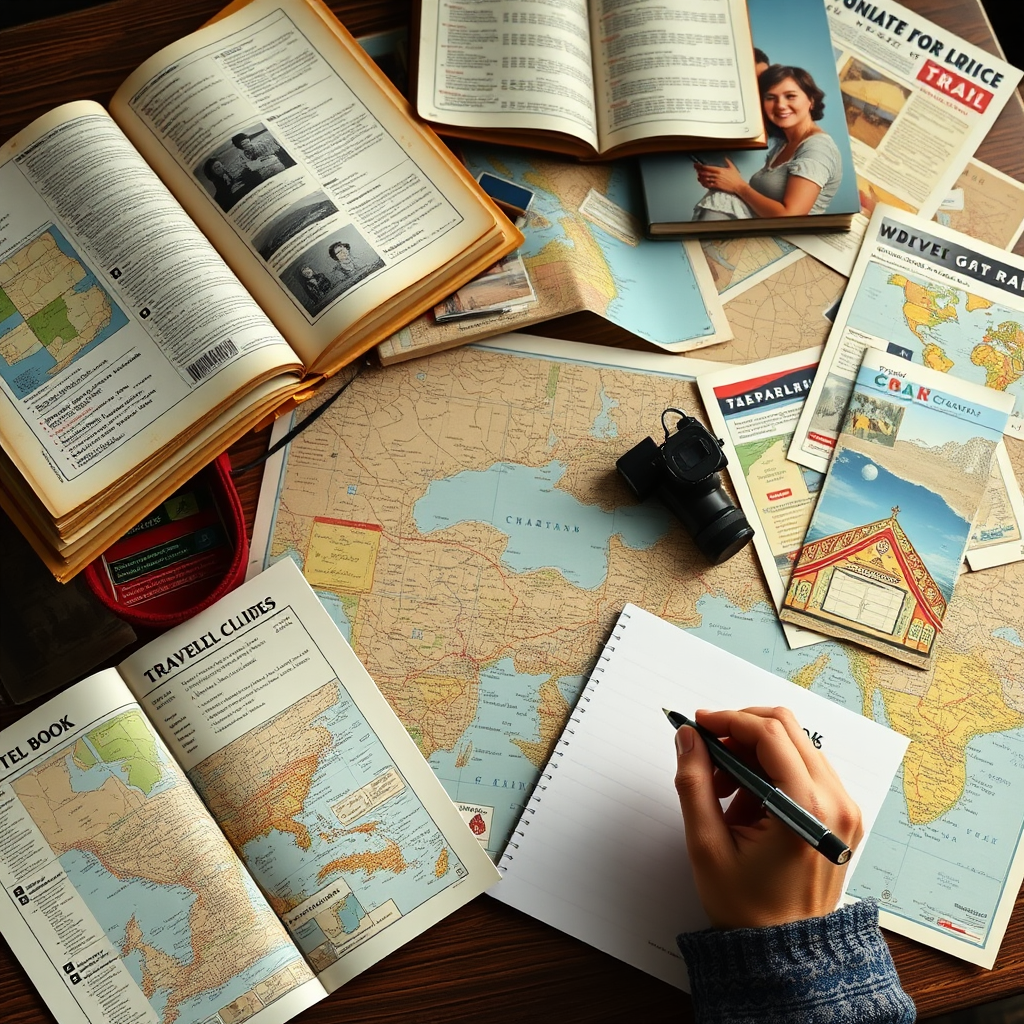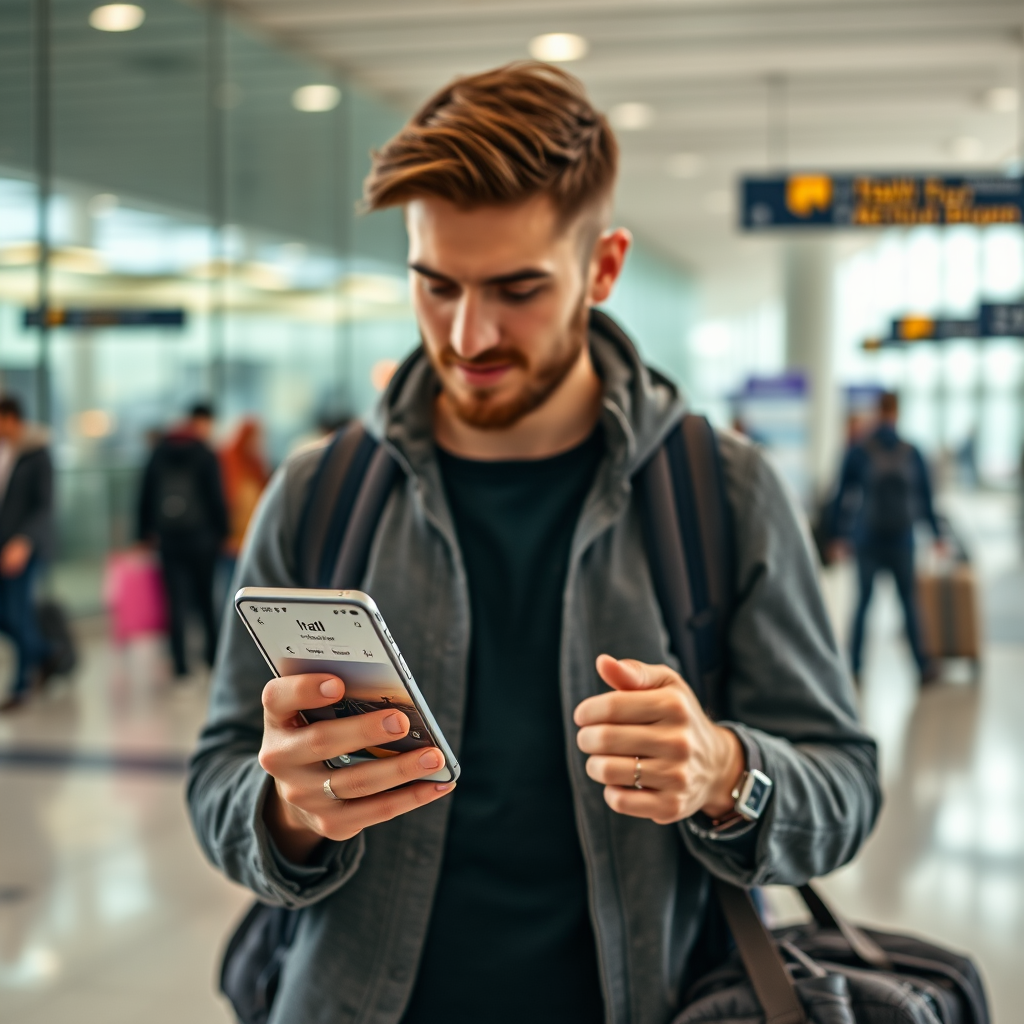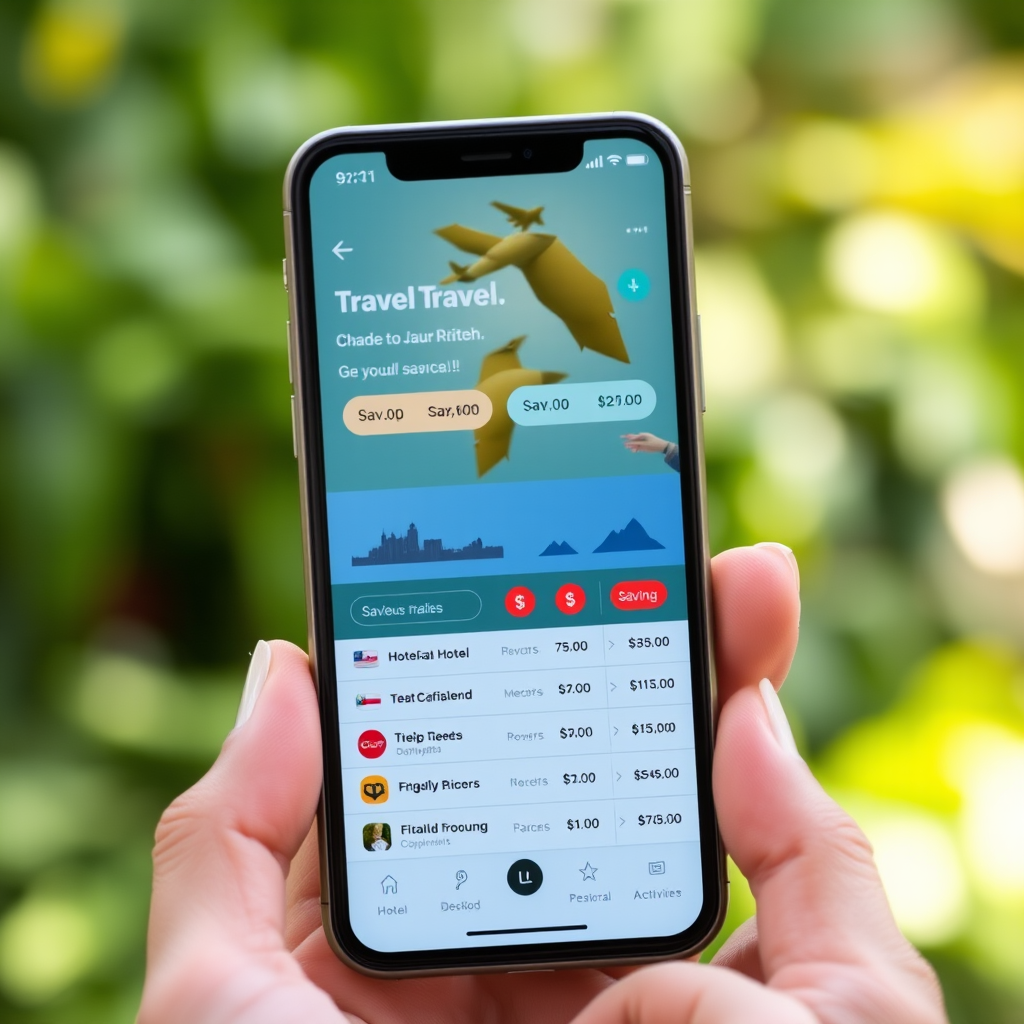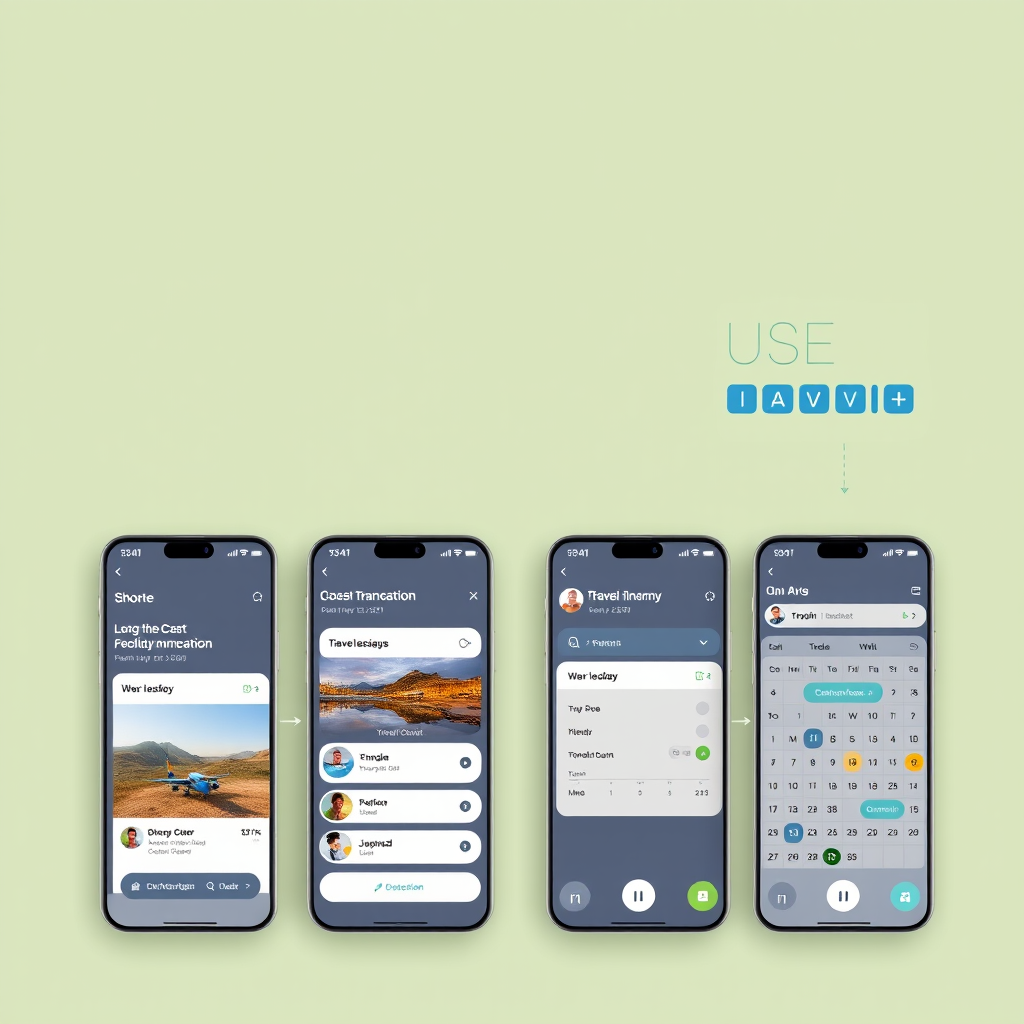Digital vs Traditional Travel Planning: Why Apps Are Taking Over
The travel industry has undergone a revolutionary transformation with the rise of digital travel assistance apps. Let's explore how modern technology is reshaping the way we plan and experience our journeys.

The way we plan and experience travel has fundamentally changed over the past decade. Gone are the days when travelers relied solely on thick guidebooks, paper maps, and lengthy phone calls to travel agents. Today's travelers increasingly turn to sophisticated travel assistance apps that offer unprecedented convenience, real-time information, and personalized recommendations.
This shift from traditional to digital travel planning isn't just a trend—it's a complete transformation of how we approach travel. Modern apps like Veredian are leading this revolution by providing comprehensive travel assistance that adapts to individual preferences and real-time conditions.
The Traditional Travel Planning Era

Traditional travel planning was a time-intensive process that required significant advance preparation. Travelers would spend weeks researching destinations through guidebooks, calling hotels for availability, and visiting travel agencies to book flights and accommodations.
This approach, while thorough, had several limitations that modern travelers find increasingly frustrating in our fast-paced world.
Challenges of Traditional Methods
Time-Consuming Research
Hours spent flipping through guidebooks and making phone calls to gather basic information about destinations, hotels, and activities.
Limited Real-Time Information
Static information that couldn't account for weather changes, flight delays, or last-minute closures of attractions.
High Costs
Travel agent fees and lack of price comparison tools often resulted in higher overall travel costs.
Inflexible Planning
Difficulty making changes to itineraries once bookings were made, leading to rigid travel experiences.
The Digital Travel Revolution
The emergence of smartphones and mobile apps has completely transformed the travel landscape. Modern travel assistance apps have addressed virtually every pain point of traditional planning while introducing capabilities that were previously unimaginable.

Key Advantages of App-Based Travel Planning
Instant Access
Get comprehensive travel information, bookings, and recommendations in seconds rather than hours or days.
Real-Time Updates
Receive live notifications about flight changes, weather conditions, and local events that might affect your plans.
Personalization
AI-powered recommendations based on your preferences, past travels, and current location.
Efficiency: A Side-by-Side Comparison
Traditional Planning
- 2-3 weeks advance planning required
- Multiple phone calls to hotels and airlines
- Hours researching guidebooks
- Travel agent fees (10-15% markup)
- Limited flexibility for changes
App-Based Planning
- Instant planning and booking capabilities
- One-tap booking and confirmation
- AI-powered research and recommendations
- Real-time price comparisons and deals
- Instant modifications and updates
Cost-Effectiveness: The Numbers Don't Lie
One of the most compelling arguments for digital travel planning is the significant cost savings. Modern travel apps eliminate many of the traditional middleman fees while providing access to exclusive deals and real-time price comparisons.
Average Cost Savings with Travel Apps

User Experience: A Complete Transformation
The user experience gap between traditional and digital travel planning is perhaps the most dramatic difference. Modern travel apps have redefined what travelers expect from their planning and booking experience.
Intuitive Interface Design
Modern travel apps feature clean, intuitive interfaces that make complex travel planning feel effortless. Users can navigate through multiple booking options, compare prices, and make reservations with just a few taps.
The Veredian app exemplifies this approach with its streamlined design that prioritizes user needs and reduces cognitive load during the planning process.
Seamless Integration
Travel apps integrate multiple services into a single platform, eliminating the need to switch between different websites, apps, or phone calls. Everything from flights to accommodations to local activities can be managed in one place.
This integration extends to calendar apps, payment systems, and even social media platforms for sharing travel experiences.

The Future is Already Here
As we look toward the future of travel planning, it's clear that digital solutions will continue to evolve and improve. Artificial intelligence, machine learning, and predictive analytics are making travel apps smarter and more helpful than ever before.
AI-Powered Recommendations
Smart algorithms that learn from your preferences and suggest personalized travel options.
Predictive Analytics
Advanced forecasting for prices, weather, and crowd levels to optimize your travel experience.
24/7 AI Assistance
Intelligent chatbots and virtual assistants available around the clock for instant support.
The transition from traditional to digital travel planning represents more than just technological advancement—it's a fundamental shift toward more efficient, cost-effective, and enjoyable travel experiences. As apps continue to evolve and improve, travelers who embrace these digital solutions will find themselves with more time, money, and energy to focus on what truly matters: creating unforgettable memories.
The Verdict: Digital Wins
The evidence is overwhelming: digital travel planning through sophisticated apps offers superior efficiency, cost-effectiveness, and user experience compared to traditional methods. While there's something nostalgic about the old way of planning trips, the practical benefits of modern travel assistance apps make them indispensable tools for today's travelers.
Whether you're a frequent business traveler or planning your dream vacation, embracing digital travel planning tools will transform your travel experience from stressful to seamless, from expensive to economical, and from time-consuming to instantaneous.